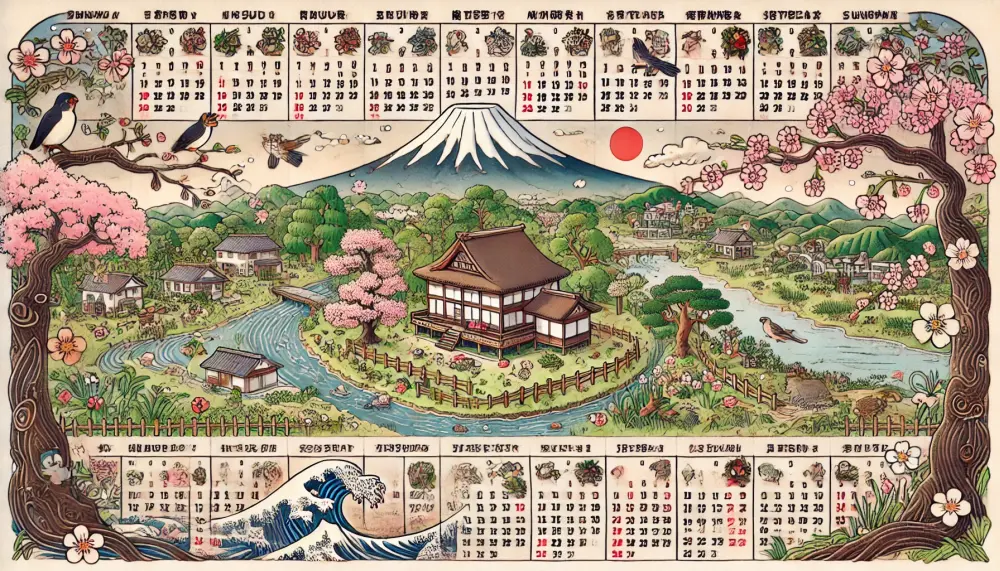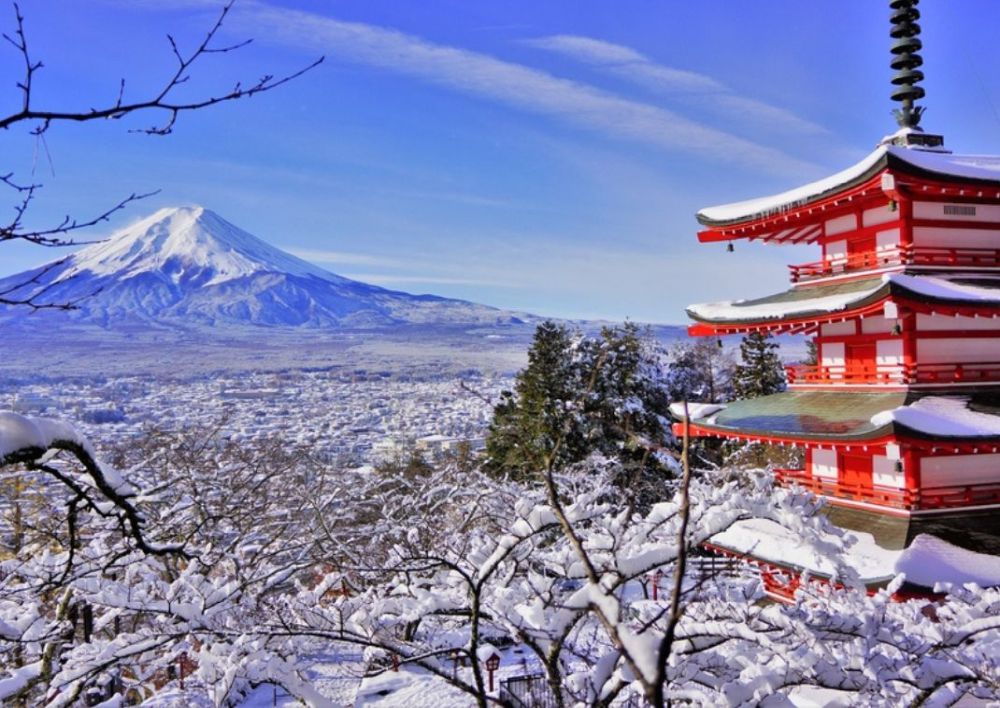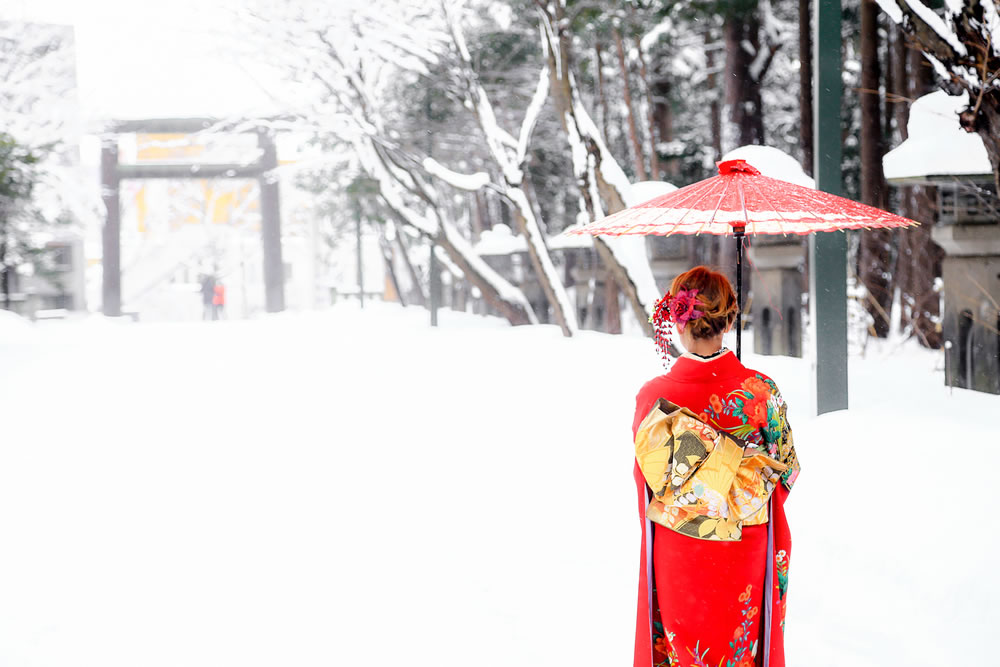Japan’s 72 Seasons, or shichijuni kō, offers a unique and poetic way to experience the year by dividing it into 72 micro-seasons, each lasting around five days. This intricate system, rooted in the traditional Japanese calendar, goes beyond the typical four seasons, breaking them down into 24 major divisions, or sekki, which are further split into three micro-seasons. This method reflects Japan’s deep cultural appreciation for subtle natural changes, from the blooming of flowers to the behavior of animals, allowing a more nuanced observation of nature’s rhythms.

The 72 Seasons were adapted for Japan in 1685 by Shibukawa Shunkai, a court astronomer who refined the Chinese lunisolar calendar to better suit Japan’s unique climate and natural phenomena. This adaptation made the calendar more accurate and relevant to Japanese life, deepening the connection between the calendar and the local environment. Each micro-season is characterized by specific natural events, like the first song of a bush warbler or the blooming of the first lotus, offering a detailed chronicle of the year’s subtle transitions.

Culturally, the 72 Seasons serve as a framework that underscores the interconnectedness of human life and nature in Japan. The system encourages mindfulness and a deeper connection with the environment, reflecting traditional Japanese values of harmony and respect for nature. By focusing on the fleeting beauty of specific plants, animal behaviors, and weather patterns, the calendar embodies the Japanese aesthetic of finding beauty in the transient, aligning with the concept of mono-no-aware—the bittersweet awareness of impermanence.

This philosophy of mono-no-aware is deeply intertwined with the 72 Seasons, emphasizing the poignant beauty of life’s fleeting moments. The micro-seasonal calendar encourages people to savor these brief natural occurrences, much like Murasaki Shikibu, the author of The Tale of Genji, who found joy in the changing seasons and the transient beauty of nature. Through this lens, the 72 Seasons not only mark time but also invite a profound appreciation of the natural world’s ephemeral wonders.

#Japan #72Seasons #ShichijuniKō #MonoNoAware #JapaneseCulture #Nature #SeasonalChanges #CulturalHeritage #Mindfulness
